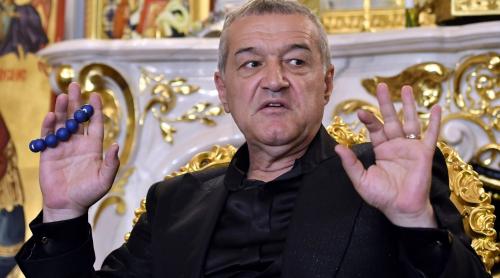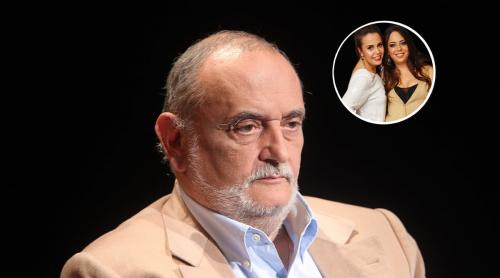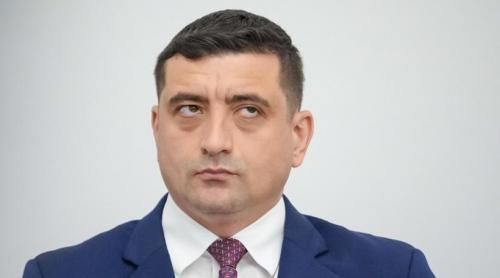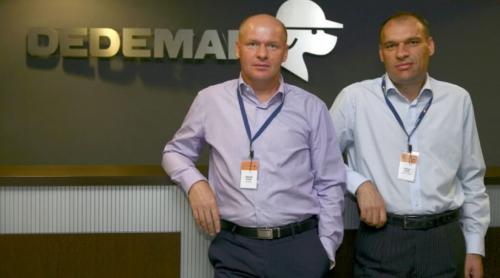It is up to each individual in this country to explain the still unclear moments in his or her life during the communist regime. Some are taken their word for it, some are forever mistrusted. Most of the times the public passes a judgment based on subjective arguments or political likings.
It is unacceptable though
that some high-ranking politicians or public servants are questioned about their past, while others benefit from an unlimited moral credit.
It is also unacceptable that the latter are deemed to be so damn intangible that any one attempting to question their past is met with a bucket of shit poured onto oneâs head by his or her supporters.
One such untouchable character is the minister of Justice Monica Macovei.
Most journalists and members of the civil society know her since the times she ran a nongovernmental organization defending human rights. For many years Macovei was for many the courageous woman who took on the Romanian justice system for all its abuses. We have to give her that: she became known for her successes in the area.
However, in the past days one Victor Petre came forward to expose alleged abuses Macovei herself engaged in while she worked as a prosecutor and carried the name Luisa Gherghescu. Petre said Macovei even beat him to force him confess a crime he did not commit.
Petre made his statement from the public platform provided to him by the Conservative Party, lead by Dan Voiculescu. This was one reason for most of the media to brand the move as politically tainted, or a failed attempt to smear the reputation of Macovei.
Though not all past secrets shared with the public with help from the Conservative Party were water-proof, yet this last one stands out.
I conducted my own investigation into the matter and found out that the
case Petre referred to caused quite a stir during the â80s.
There were over 80 people working in the hospitality industry at Gara de Nord sNorth Railway Station in Bucharestt, which were arrested at the time by prosecutors, policemen and the Securitate people.
Those arrested were surprised by the violent methods used by investigators to get them confess taking bribes.
They were threatened, blackmailed, physically and psychologically abused. The stakes were high: Dictator Nicolae Ceausescu was to receive a report on the large catch the prosecutors made in combating illegal acts in the hospitality industry.
Some of the people investigated then were traumatized for life, along with their families. Maybe other people caught up into that display of rampant abuse would stand up and talk about their experience then.
The case of prosecutor Luisa Gherghescu, alias minister of Justice Monica Macovei, should be tallied with maximum care. Present virtues do not clean up past sins.
I had never had the chance to read a detailed biography of Macovei, who now aspires to get the position of European Union Commissioner, once Romania will accede to the EU on January 1st.
I do not want Macovei convicted by the public on no proof.
There is little trust one can place in rumors that she is an avid consumer of alcohol or that she practiced yoga with now convicted guru Gregorian Bivolaru. These are private matters and out of our professional interest.
But key to the public interest is to find out who was and what papers signed prosecutor Gherghescu, now minister Macovei.
A full disclosure of her professional file is mandatory, now that we were treated with glimpses into an alleged dark past.
Much like in the case of the former minister of culture Mona Musca, who fell from grace to shame in a matter of weeks after her past as a Securitate collaborator became known, it is important to not take Macoveiâs word for what her past stood, and go for the facts.
We should find out the cases she prosecuted and the indictments she signed.
By the way: during the first attack of the miners in Bucharest, in the summer of 1990, Macovei was still a prosecutor with the Bucharest District 1.
Did she sign arrest warrants against the people demonstrating in the University Square for democracy, or did she not?
If she did, stepping down her ministerial position would not suffice.
Translated by ANCA PADURARU



















